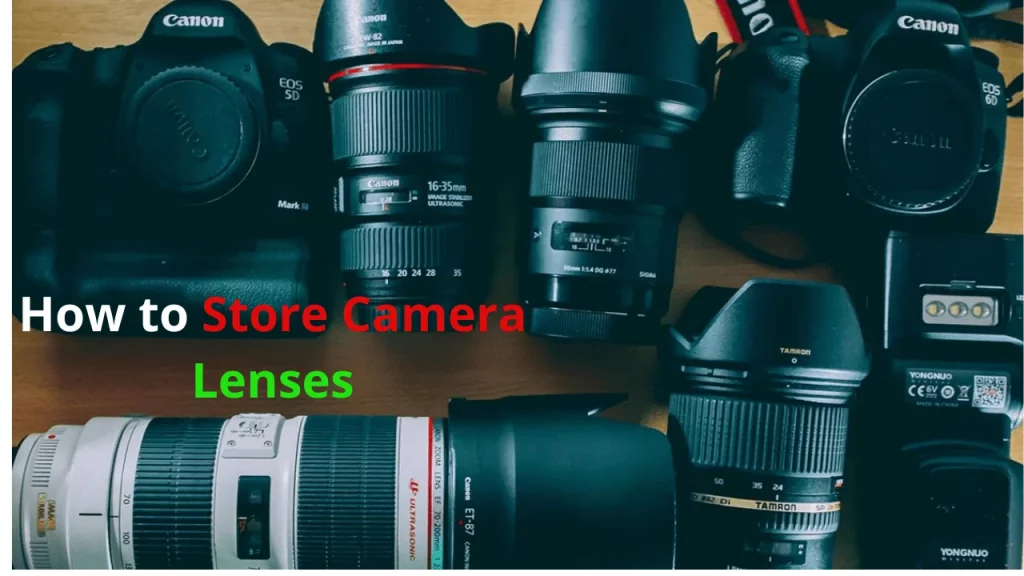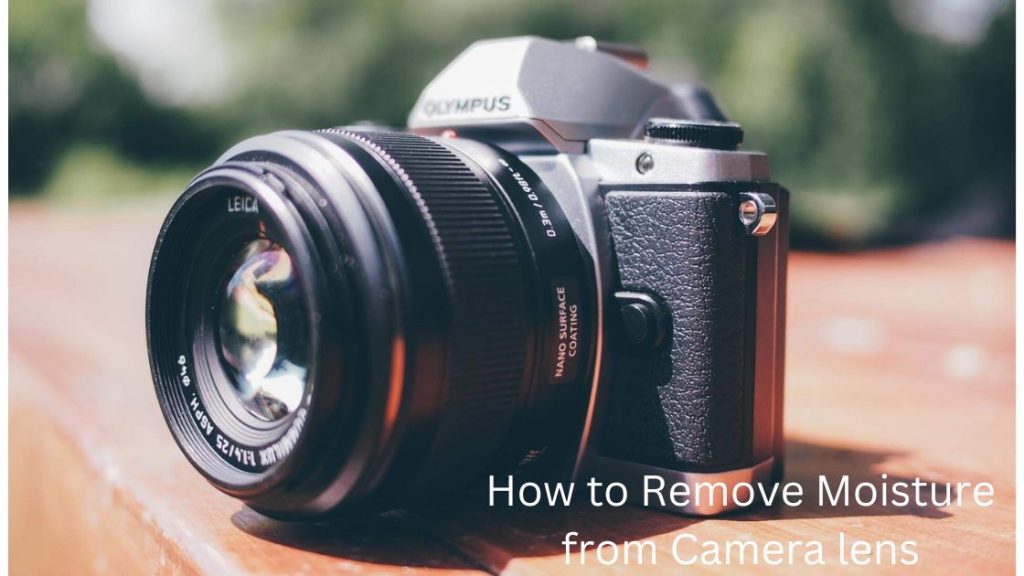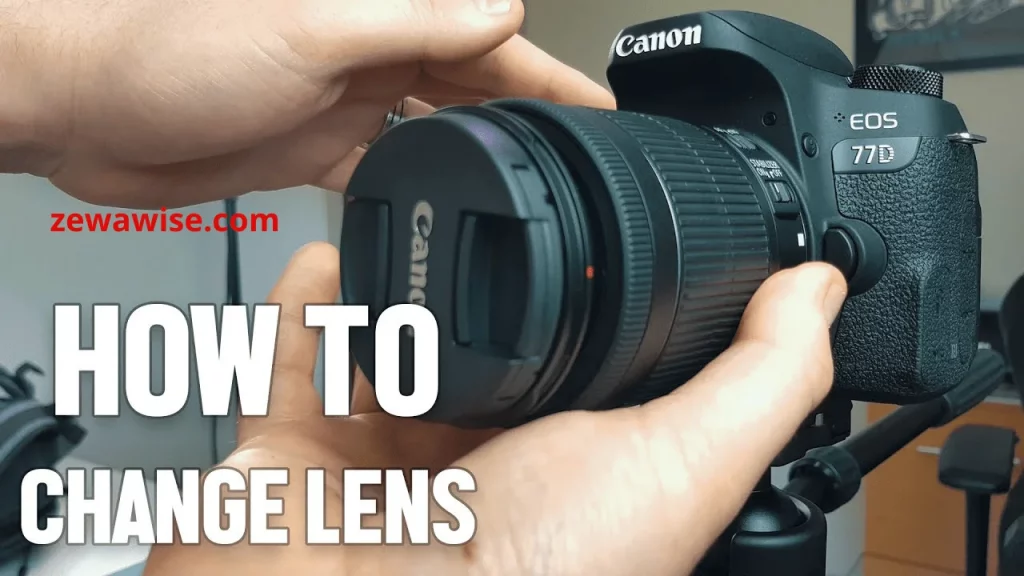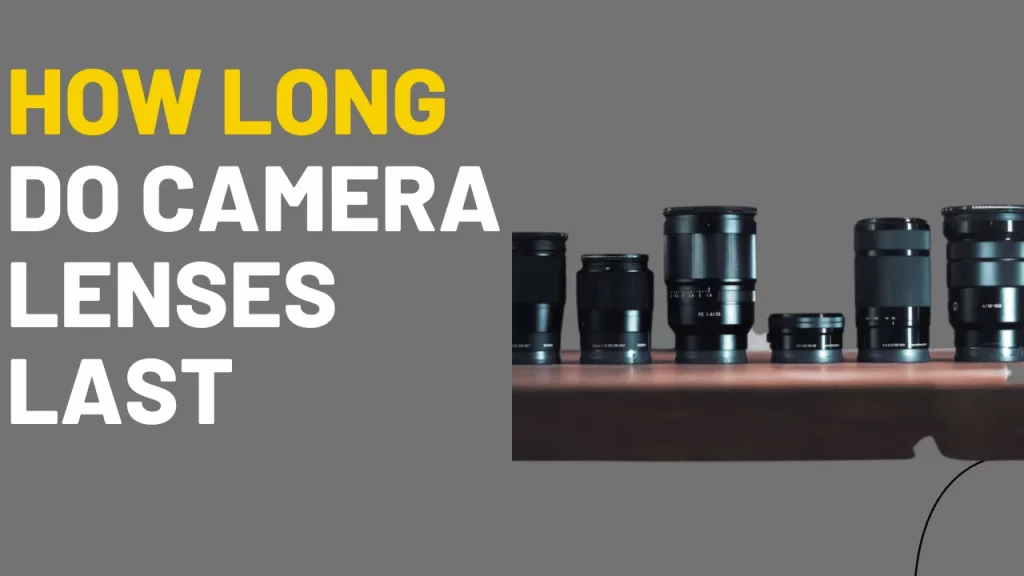After buying an expensive camera lens, the next thing is to learn how to store camera lenses so that you can use them as it is when you need them.
When it comes to the longevity of your digital camera and its expensive lenses, it’s highly important to understand the basic factors that might damage your favorite photography tools.
This is a common practice that photography freaks use to spend a bunch of bucks while purchasing their favorite cameras and lenses but often show negligence when it comes to their safety.
First, you need to understand the important factors that cause damage to your camera lenses and how to prevent your camera lenses from those harmful factors.
Harmful factors that can cause damage to your camera and camera lenses:
While talking about the safety of your digital camera, it is highly recommended that you take care of your camera & its lenses the same way you take care of yourself and your babies. Being an expensive and sensitive gear, the camera lens has a high chance of damage if not handled with care.
Below are some of the major factors involved in affecting the camera quality and its life longevity:
1- Humidity:
You can simply consider humidity as the worst enemy of your digital camera. Humidity is undoubtedly the worst thing that can ever happen to your camera and its gears because it can cause erosion to your camera body creating lifetime damage. . Humidity can be in the air or the place where you are storing your camera lenses.
2- Oils:
After humidity, oils from any source can cause damage to your camera lenses. The oils don’t necessarily be from an outer source but your body oils can also affect your camera.
Blended with your sweat, the oily substances can enter the lens body destroying the image clarity.
3- Chemicals:
Any chemical from your surrounding can harm your camera lens. For example, an insect repellent spray contains a chemical named DEET, which can easily enter your camera body and its lens. Hence, you have to be extra cautious while spraying any chemical where your camera and lenses are placed.
4- Dust & Dirt:
In the kind of polluted environment, we all are exposed to, dirt and dust are everywhere.
The dust consists of microparticles that can enter your camera even after several precautions damaging the optical quality.
Considering the above factors and various others which are not mentioned here, it is exponentially vital that you take extra care of where you are storing your camera and camera lenses.
Where to store digital cameras and camera lenses to avoid damage:
Don’t worry, you don’t have to panic because I am going to give you some valuable and cost-friendly tips on where you can store your camera lenses and save them from damage.
1- Manual Dry Wardrobe cabins:
The wardrobe is an essential component of any living room/bedroom. The manual dry cabinets can be easily installed anywhere and also do not require plenty of money. To prevent your camera lens from humidity, you can add a special humid-free cabinet in your wardrobe. This would not cost you a lot of bucks and would serve the purpose efficiently.
Inside the wardrobe, you can create a dry cabinet to keep the humidity out. The dry cabinets are made of desiccant substances such as silica gel, Calcium oxide, and calcium sulfate that absorb tiny wet particles of the air and hence keep the cabinet 100% dry and moisture-free.
The dry cabinet not only helps prevents moisture but also repels the dust and dirt to enter inside the cabinet.
2- Electronic Dry Cabinets:
Apart from the manual dry cabinets, some latest and hi-tech versions of dry cabinets have also evolved. These electronic dry cabinets look like a box with a clear opening door that is lockable. It helps to prevent your electronic devices such as digital cameras, camera lenses, mobile phones, and any other electronic devices from humidity and dust.
It operates electronically with a built-in dehumidifier and air filter to regulate the humidity level up to 60-70%.
You can adjust the humid control level from 25% to 70% as per your requirement.
3- Electronic Dry Cabinets with Automatic LED Display :
Electronic dry cabinets are also available in an automatic LED Display system. Particularly designed to store camera lenses and digital cameras in a safe and humid-free environment to protect your expensive camera lenses from any corrosion and optical damage.
The standard LED Display Automatic electronic dry cabinet has the capacity to store 3 digital cameras and 6-8 lenses depending upon the lens size.
The unimaginably tremendous feature of automatic condensation systems would prevent your camera & lenses from degradation enhancing their longevity. The best and my favorite feature is the automatic humid control so that you don’t have to be worried about the air being too dry.
4- Pelican Cases:
Pelican cases are mostly used for the purpose of storing your delicate items while traveling. You can also use a pelican case to store your digital cameras and camera lenses preventing them from dust and moisture.
A pelican case is basically a hard, lightweight storage box made with polypropylene material. The polypropylene material prevents moisture and humidity to enter inside and hence can be ideal storage for your digital cameras and camera lenses.
If you are traveling or covering outdoor event photography, then a pelican case would be the best storage idea for you.
5- Desiccant:
Similar to the pelican case, the desiccant is another dehumidifier material that can be used to prevent your camera lenses from humidity.
Usually available in the form of bags that can be placed in any cabinet or any storage area to prevent your valuables from humidity.
Desiccants are most widely used because of their portability and cost-effectiveness. They operate by absorbing all the moisture in the surrounding air keeping the surrounding objects extremely dry and fresh.
6- Adjustable industrial shelves:
If you need a larger space for storage of your big-sized camera lenses like the macro lens, the industrial shelving system would be an ideal fit for you.
Various sizes and materials are available in the market and you can choose the one according to your exact requirement.
Industrial shelving units are mostly used for commercial purposes where a large storage area is required. Foldable industrial shelves are also available that can be adjusted in any place and are portable to carry along.
7- Airtight storage boxes:
Airtight boxes made of plastic or wood are also a good idea to store your camera lenses at home. You can easily find these boxes anywhere in the market in an extremely reasonable price range. The best results would be achieved if any desiccant bag or silica gel is placed inside the box to provide additional prevention from moisture.
8- Camera backpack:
Special backpacks are easily accessible on online and onsite electronic stores. The backpack is made with polypropylene material with inside foam linings to prevent the gears from being damaged. The polypropylene material is humid proof and dust proof and does not allow any dust/moisture to enter the bag keeping your camera essentials totally safe from damage and corrosion.
A camera backpack is my favorite camera storage idea because I can carry it anywhere I want without having to worry about damage.
The best part about the camera backpack is the inside adjustable compartments. The sturdy and foamy patches are adjustable according to your lens shape and size keeping your essentials in place and extremely organized.
Apart from the above 8 methods, you can use various other methods to store your camera lenses. Looking around the available stuff in your surroundings can help you come up with a lot of unique ideas, for example, your kitchen might be stuffed with a lot of different-sized plastic boxes. You can just grab an airtight box of a reasonable size, place a silica gel pad inside the box and simply use it as a storage box for your camera lenses.
Frequently Asked Questions:
We come along with plenty of queries in our daily life that what are the best possible ways to store camera lenses. Let us have a look at a few:
1- What is the best way to store the camera lens?
Various ways can be used for this purpose but ideally, your camera lenses should be stored in protective bags or cases. Even if you are placing the camera and lenses on a unit shelf, it’s advised to first put them in foamy bags or pouches and then place them on the shelves because open shelving might be exposed to polluted air that can cause damage to your expensive electronic devices.
2- Should I detach the lens from a camera while storing it?
Yes, ideally the lens should be detached before storage and the batteries of the camera should be removed.
Conclusion:
A professional photographer does not only require the skills of photography but all the knowledge about digital cameras and lenses. To be the best in your profession, you should be extremely proactive in learning all the precautionary measures that would help you to use your camera and lenses for a longer period of time without affecting the quality.
The idea of how to store camera lenses discussed in this blog are a few examples from my personal experience. You can use your own ideas based on your budget, availability of storage items, and your camera/lens type.
For example, if your profession does not require constant traveling, you do not need a pelican box and just the unit shelving along with camera bags would serve the purpose for you. If you require traveling to cover your wildlife photography, you would definitely need extra secure pelican boxes along with the foamy camera backpacks to ensure the maximum safety of your extremely valuable digital cameras and lenses.

“Welcome to our website, Here You’ll find a wealth of information on finding the right skating gear that will last for years to come, as well as tips and tricks to help you improve your skills. Whether you’re a beginner or an experienced skater, you’ll find something of value here.”



